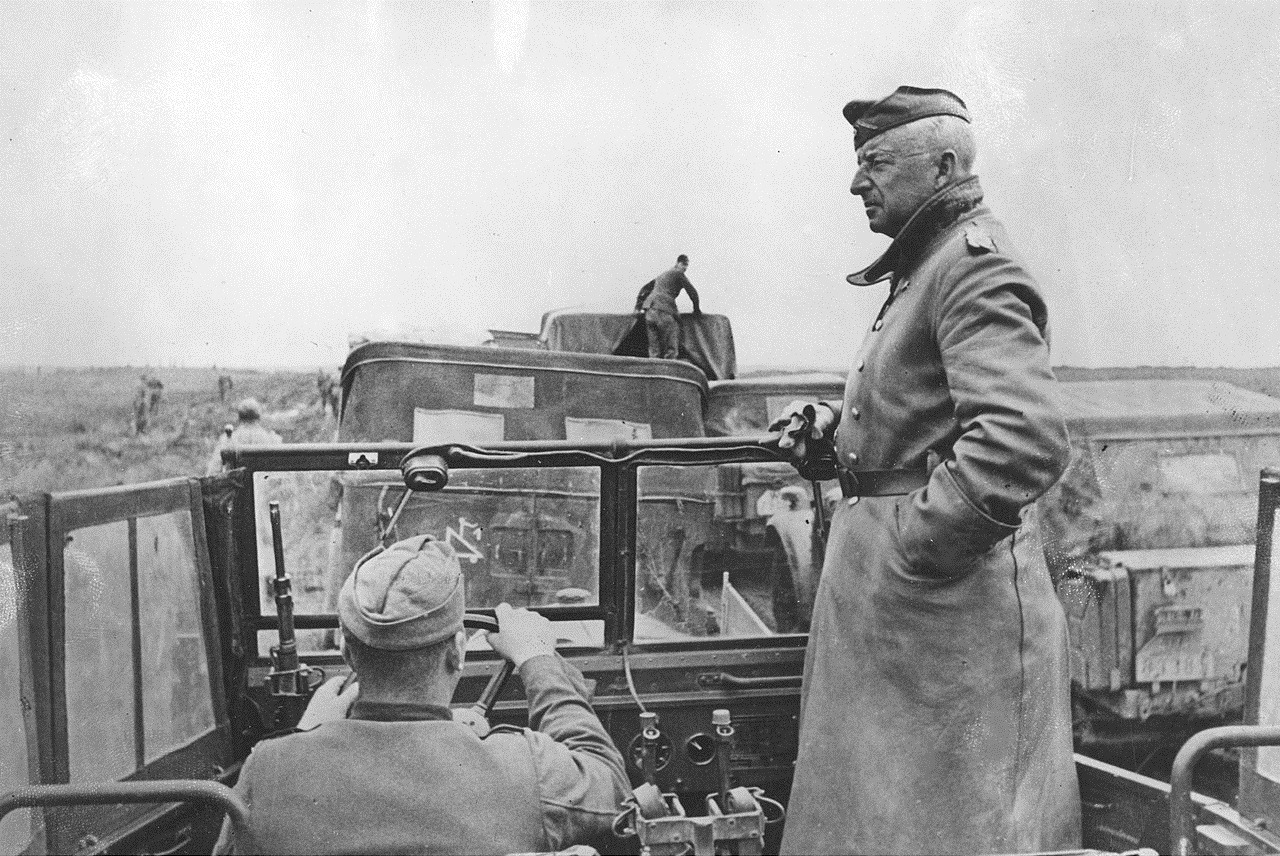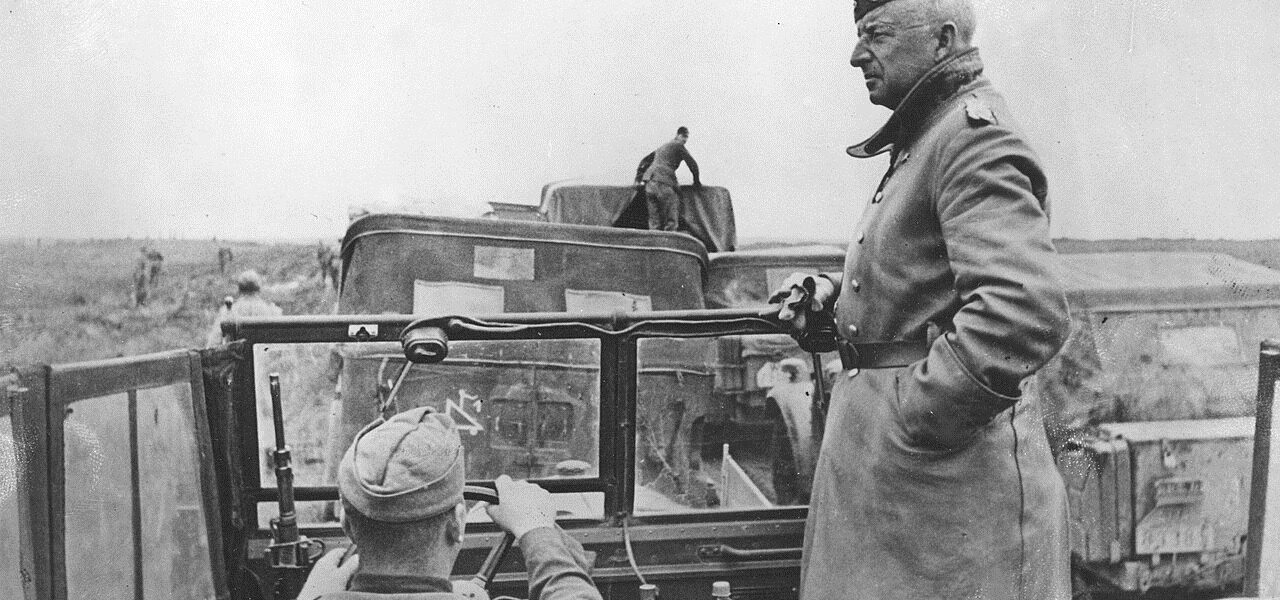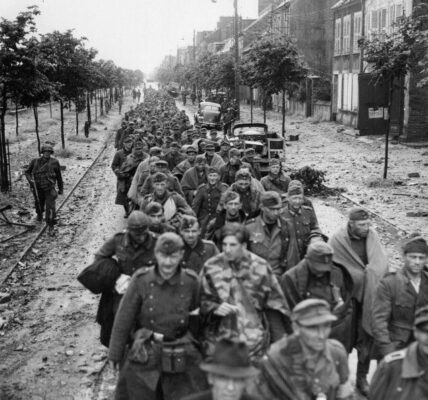
The Battle of the Kerch Peninsula was a conflict between the Axis powers (Germany and Romania) and the Soviet Union that took place between December 1941 and May 1942.
Germany’s victory in May 1942 allowed the country to concentrate on the ongoing siege of Sevastopol (captured a month later) and to use the Kerch Peninsula as a key base for attempting to seize the oil fields in the Caucasus.
Erich von Manstein (promoted to field marshal after the Battle of Kerch), a veteran of World War I, was widely regarded as the highest-ranking German commander in World War II and also a military and strategic genius.
Von Manstein developed the ingenious and highly successful plan for the invasion of France (he chose an attack through the Ardennes rather than the Netherlands) and commanded several victorious campaigns on the Eastern Front, including the Siege of Sevastopol (1941–1942), the Battle of the Kerch Peninsula (1941–1942), and the Third Battle of Kharkov (1943). He played a leading role in many other successful campaigns in the East (as well as the Siege of Stalingrad).
In 1944, von Manstein fell out of favor with Hitler and was not appointed to another position for the rest of the war.
During the Nuremberg trials, von Manstein insisted that the Wehrmacht was not responsible for the ethnic genocide committed during the war, but had merely followed orders and fulfilled its duty.
He was sentenced to 18 years in prison, served four of which, and was an important figure in the reconstruction of the German army in the 1950s.
Erich von Manstein died of a stroke on June 9, 1973, at the age of 85. He was accorded full military honors at his funeral.




